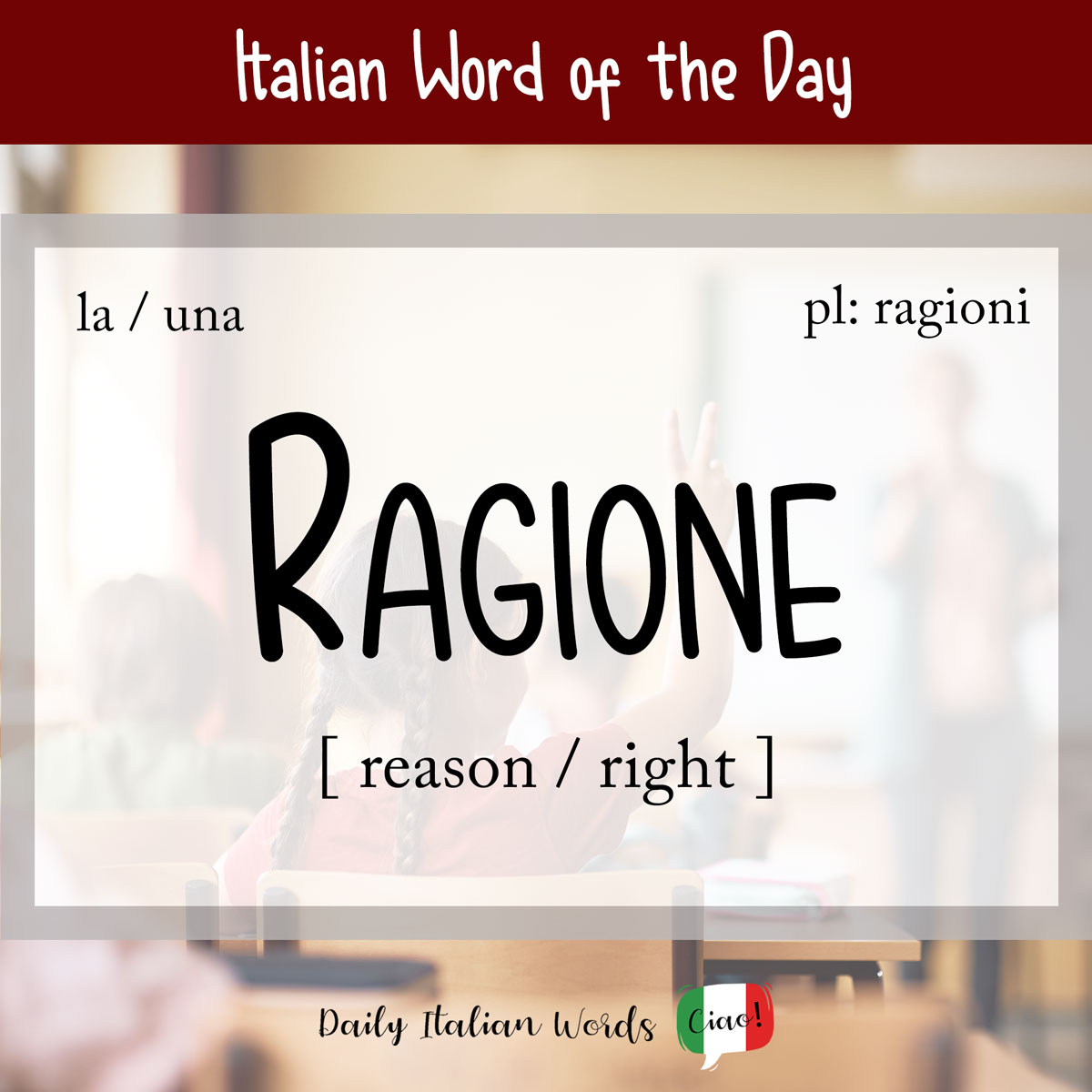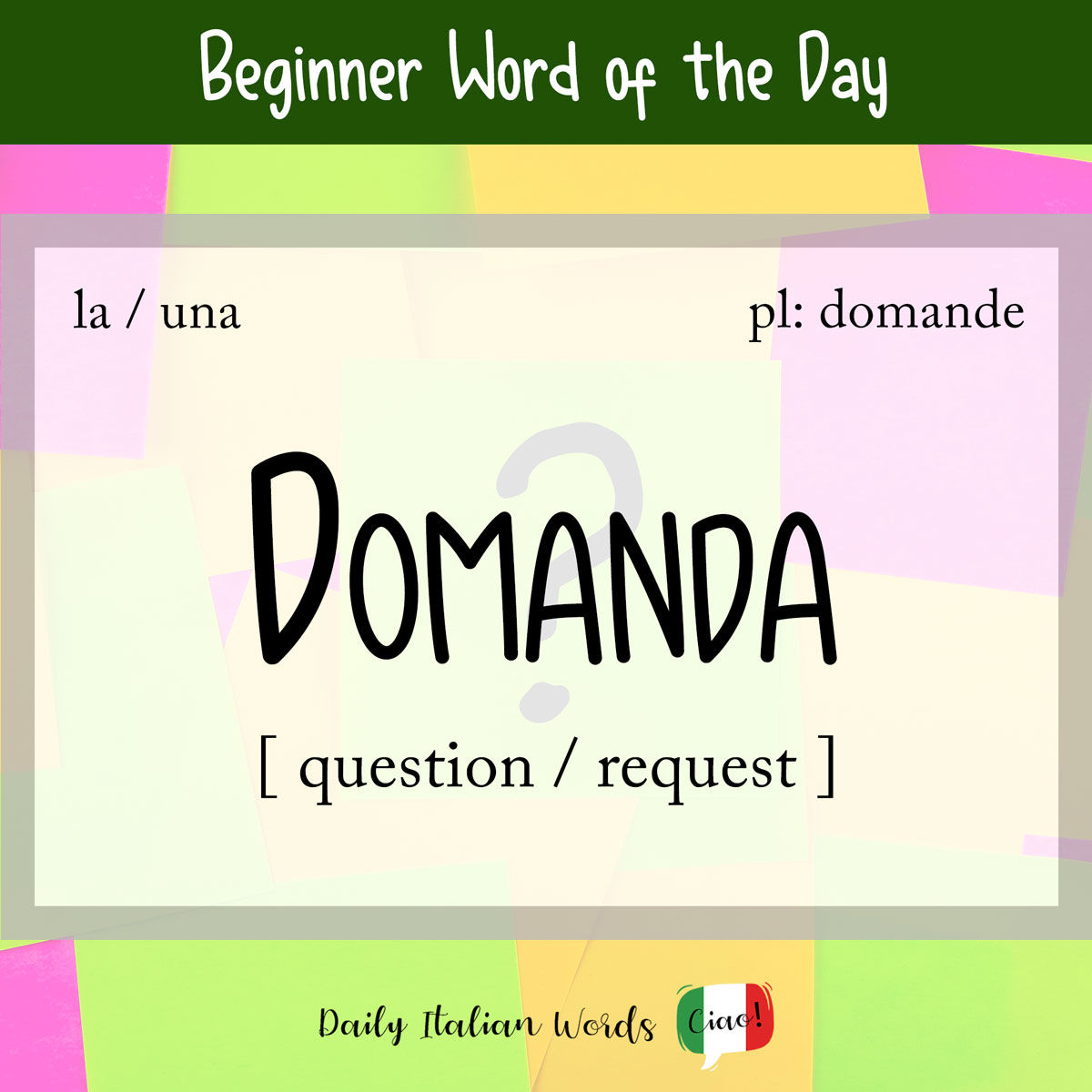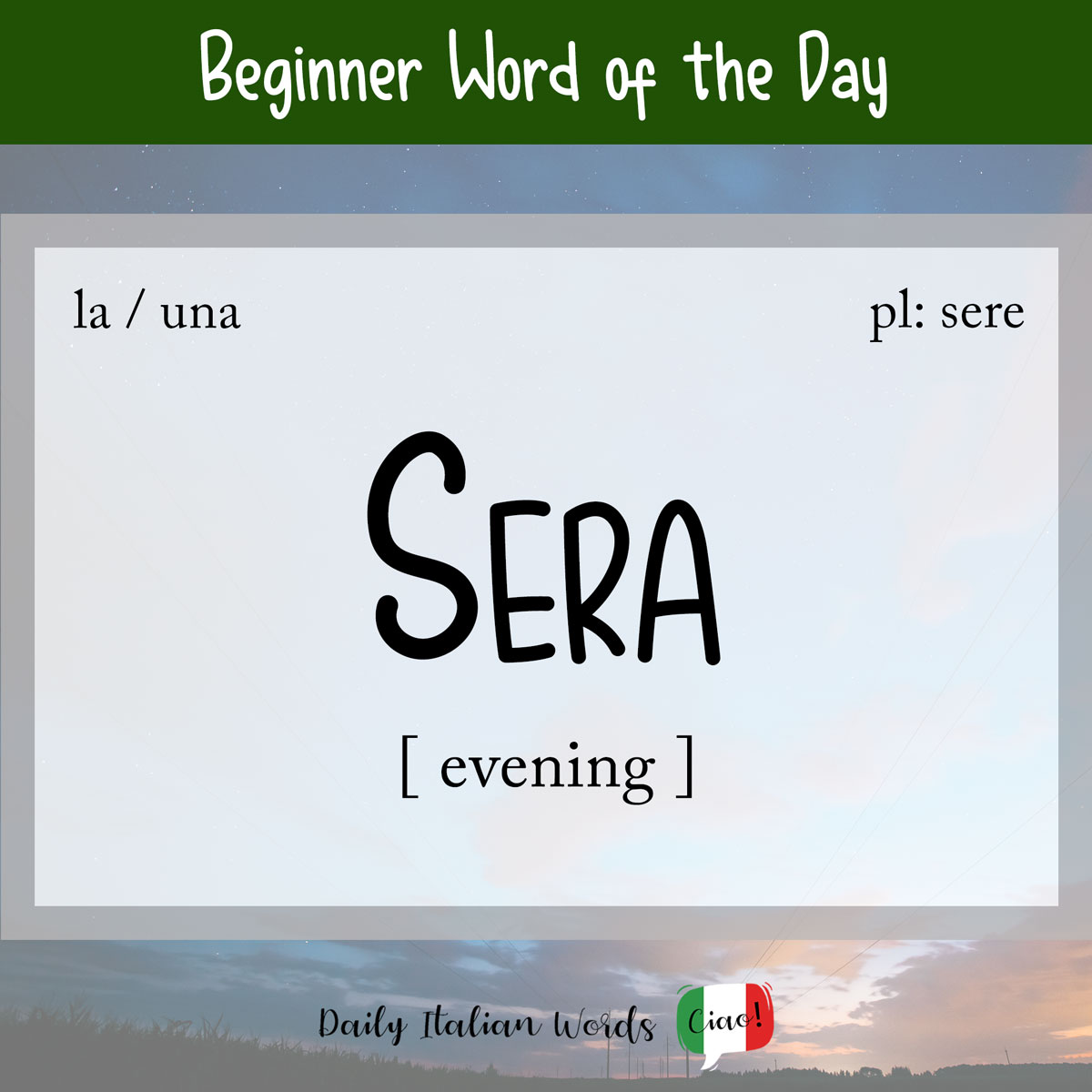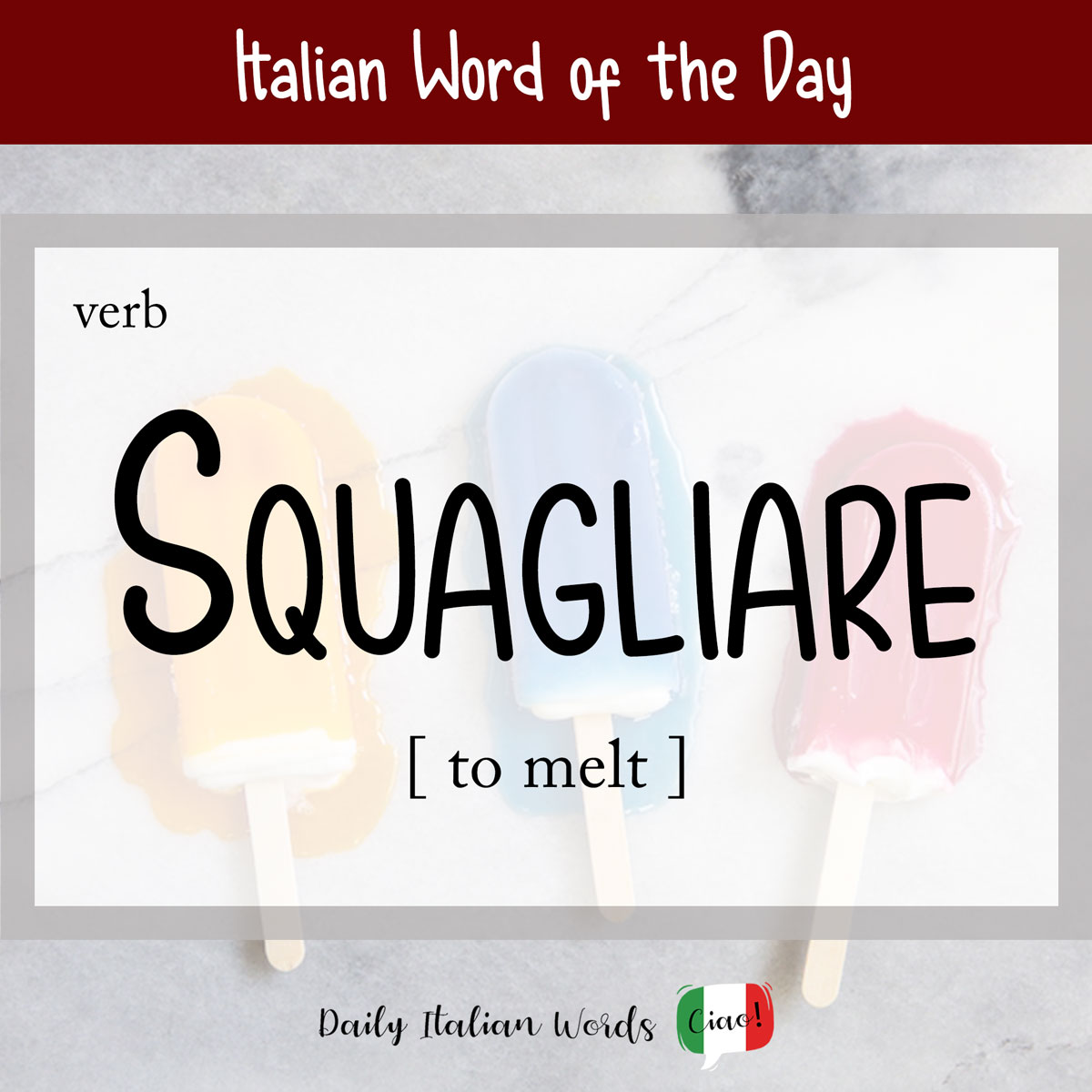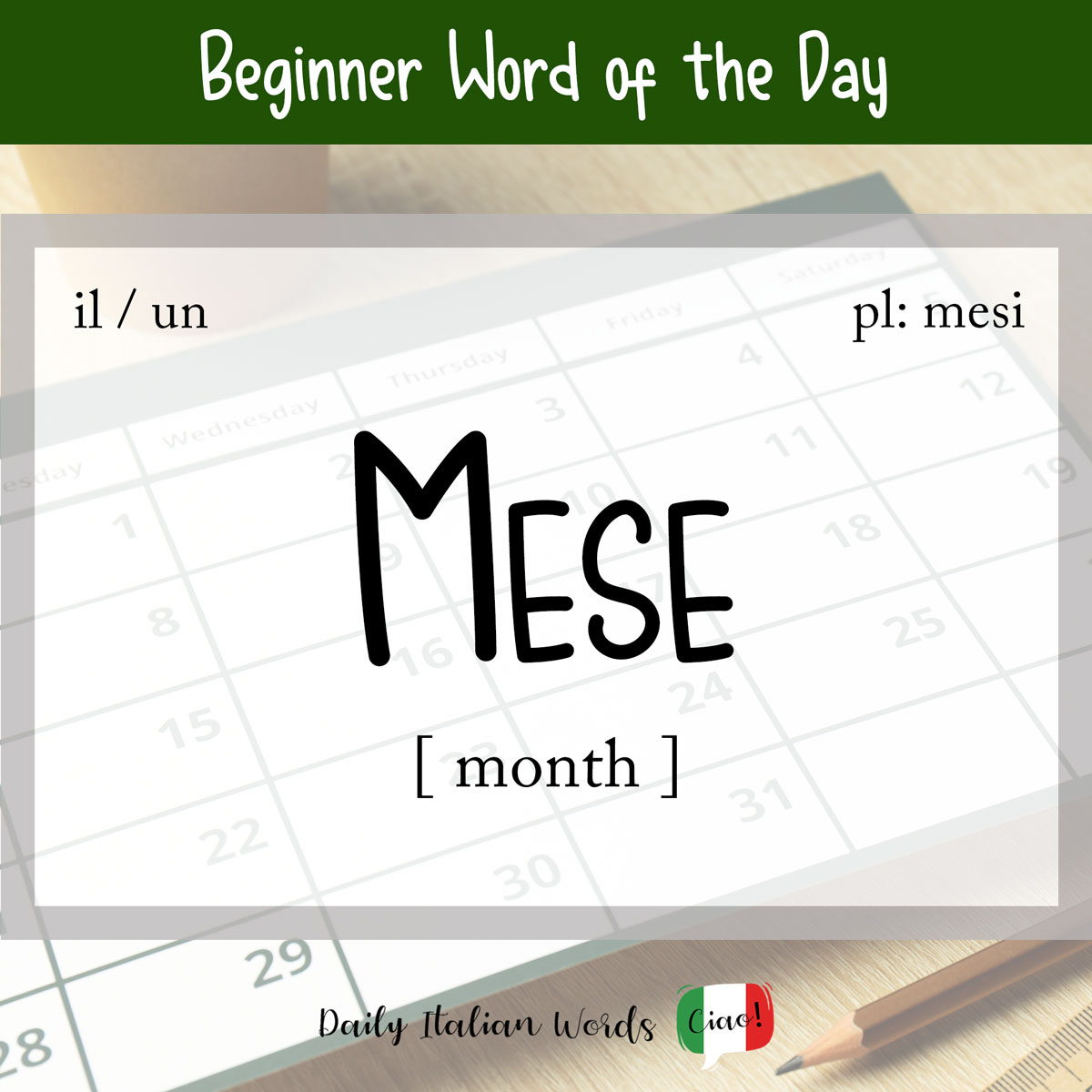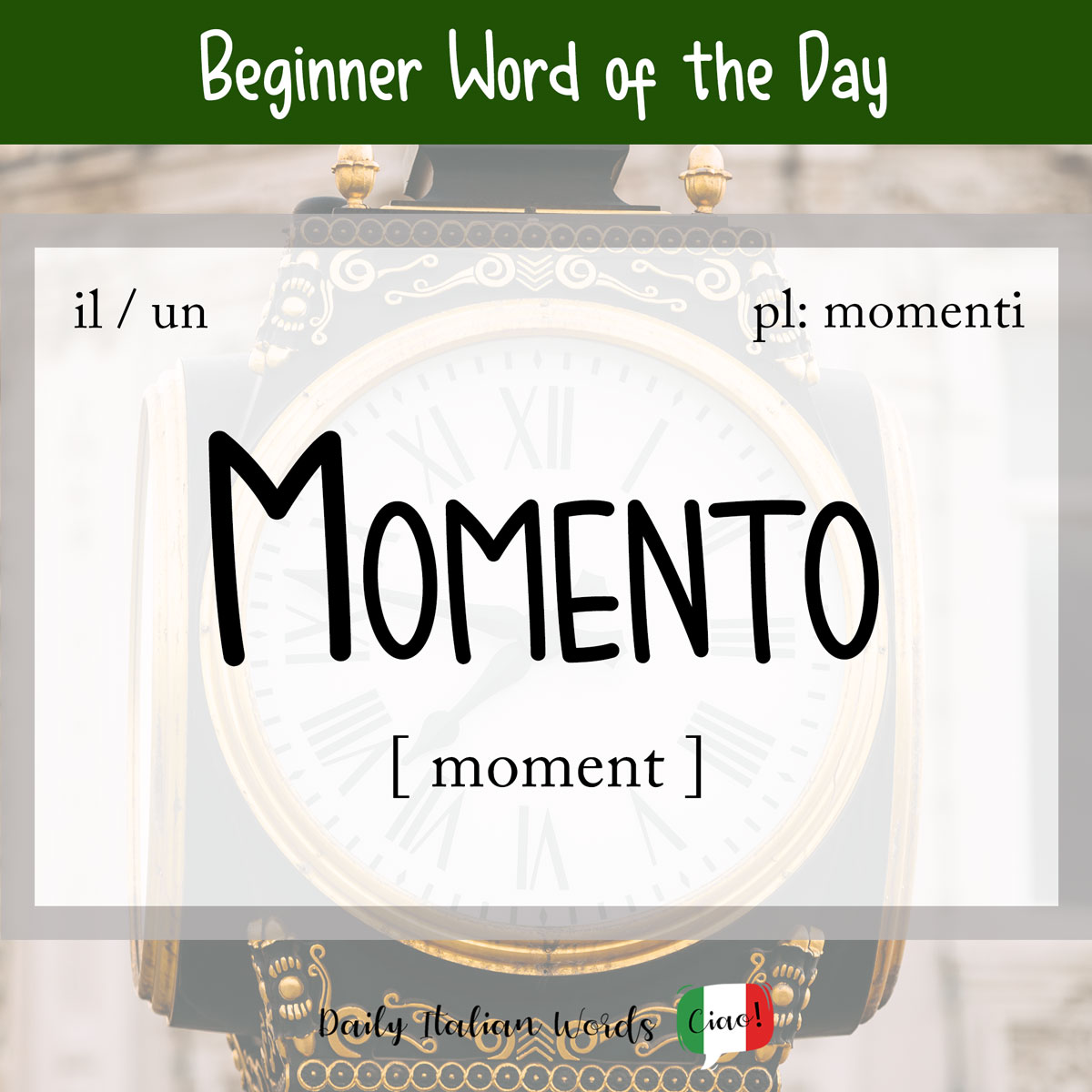Italian Word of the Day: Ragione (reason / right)
In most instances, the Italian word ragione directly corresponds to our English word reason. First and foremost, both reason and ragione denote the human ability to think, comprehend, and engage in logical reasoning. Some common expressions related to this definition of ragione include: Sono contento che tu abbia ascoltato la voce della ragione. I’m glad you …

